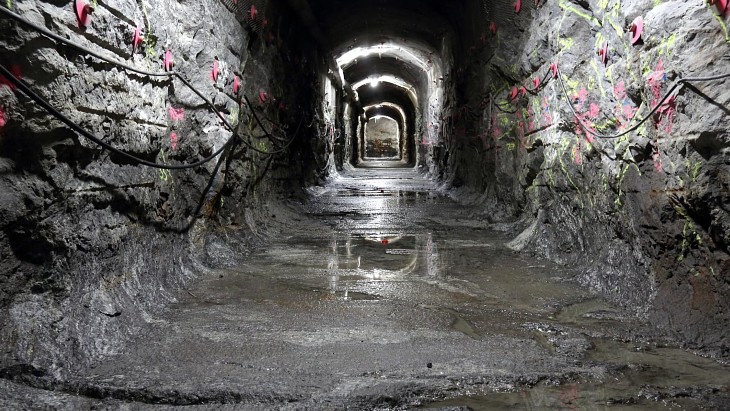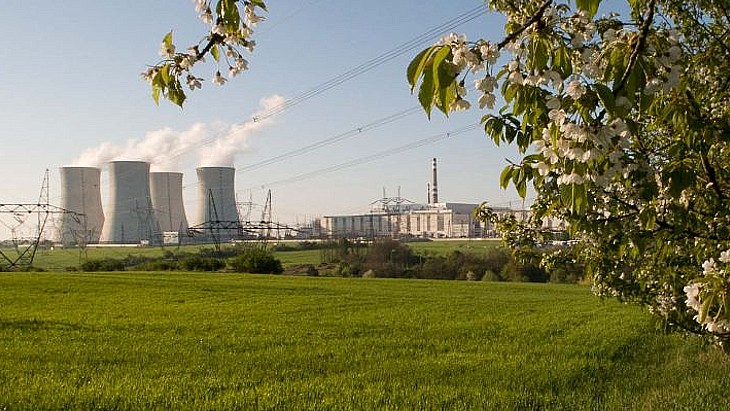South Korea may one day be able to enrich uranium to produce non-weapons grade nuclear fuel under a deal reached with the USA yesterday. The agreement also ensures that the USA will provide South Korea with a stable supply of fuel for its nuclear reactors.
The deal reflects changes to a nuclear pact - a 123 agreement - the two countries signed in 1974 and which was scheduled to expire last month. A 123 agreement gets its name from a section of the US Atomic Energy Act of 1954, which establishes an agreement for cooperation as a prerequisite for nuclear deals between the USA and any other nation.
Seoul and Washington have held talks since October 2010 to negotiate how to revise the agreement and extended the deadline until March 2016 to allow more time for negotiations.
Under the original pact, South Korea was banned from enriching uranium or reprocessing used fuel in exchange for US technological assistance. Notably, the new agreement leaves open the possibility that South Korea could enrich uranium for civilian nuclear energy "in the future through consultations with the United States", according to the text of the deal.
The South Korean foreign ministry said today that the new deal reflects the fact the country's nuclear power industry is at an "advanced stage".
In fact, South Korea is a major world nuclear energy country, exporting technology. It is building four nuclear reactors in the United Arab Emirates (UAE), under a $20 billion contract.
The USA signed a 123 agreement with the UAE for cooperation in the peaceful uses of nuclear energy in 2009. The agreement contains special terms under which the UAE has renounced plans to enrich and reprocess uranium or other fuel and will instead obtain nuclear fuel from reliable international suppliers. The USA will have the right to cancel the agreement if the UAE reneges on its commitment not to engage in enrichment or reprocessing activities.
Some 24 reactors provide about one-third of South Korea's electricity from 21.6 GWe of plant and nuclear energy remains a strategic priority for the country - and capacity is planned to increase by 59% to 32.9 GWe by 2022, and then maintain that level to 2035. But the country has been seeking relief from treaty commitments with the USA which currently constrain its fuel cycle options.
The new agreement contains no provision to allow South Korea to manage independently used nuclear fuel through reprocessing, but it helps enable movement of used fuel to a third country for disposal.
Park Ro-byug, Seoul's ambassador for nuclear affairs and special representative for the Republic of Korea for US nuclear cooperation, signed a provisional pact with US ambassador Mark Lippert in Seoul. The agreement still needs approvals by presidents Park Geun-hye and Barack Obama to take effect.
According to its Ministry of Foreign Affairs, South Korea achieved three goals in the agreement - the right to deal with used nuclear fuel; a stable supply of nuclear fuel; and promoting the export of nuclear power plants. It said the two parties also agreed to lift the "gold standard" in their agreement that legally binds US partners to foreswear enrichment and reprocessing. It added that the expiration term of the pact had been reduced from 30 years in the original agreement to 20 years.
The Korea Times reported today that Cho Tae-yul, South Korea's second vice minister of foreign affairs, had told local media it was "satisfying" that the country had been able to gain most of its requests for the revised deal.
Researched and written
by World Nuclear News






_53514_33880.jpg)






